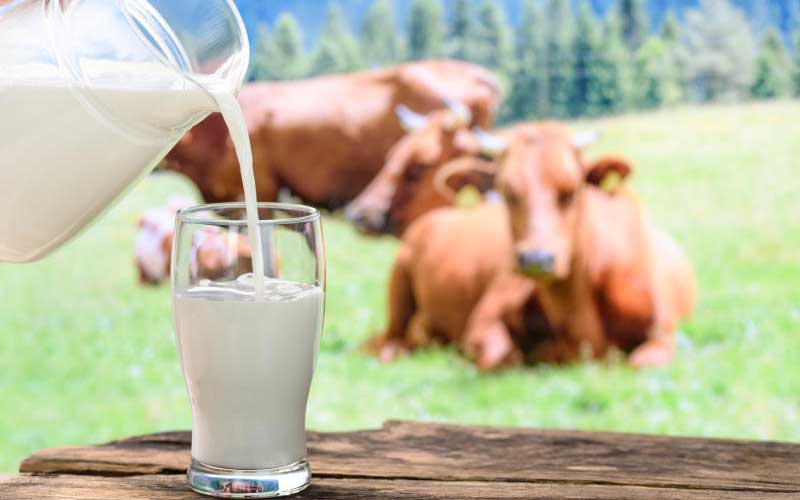×
The Standard e-Paper
Home To Bold Columnists

Production fell from 63 million litres to 40 million
Milk production has reduced drastically since the onset of the Covid-19 pandemic due to farmers’ fears over market access.